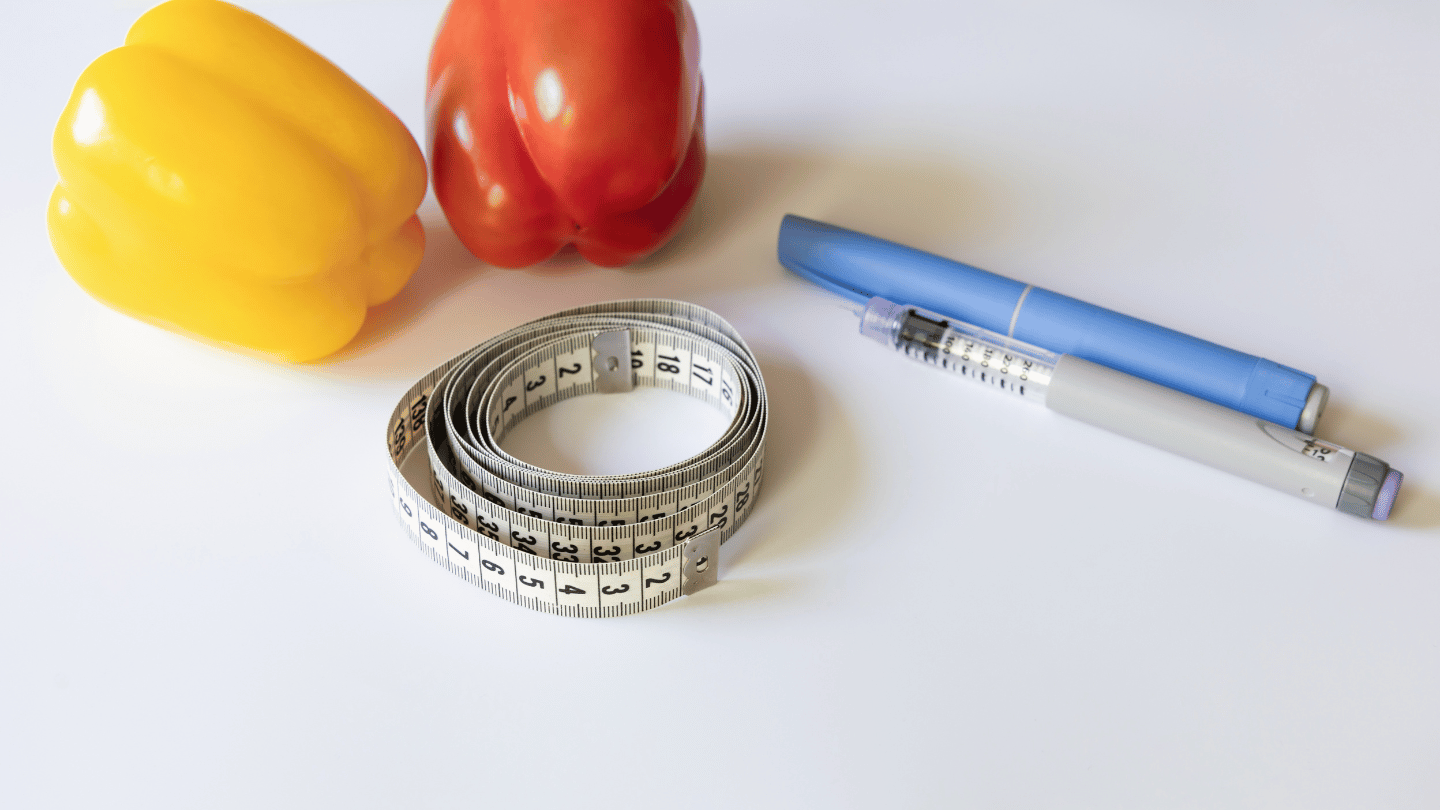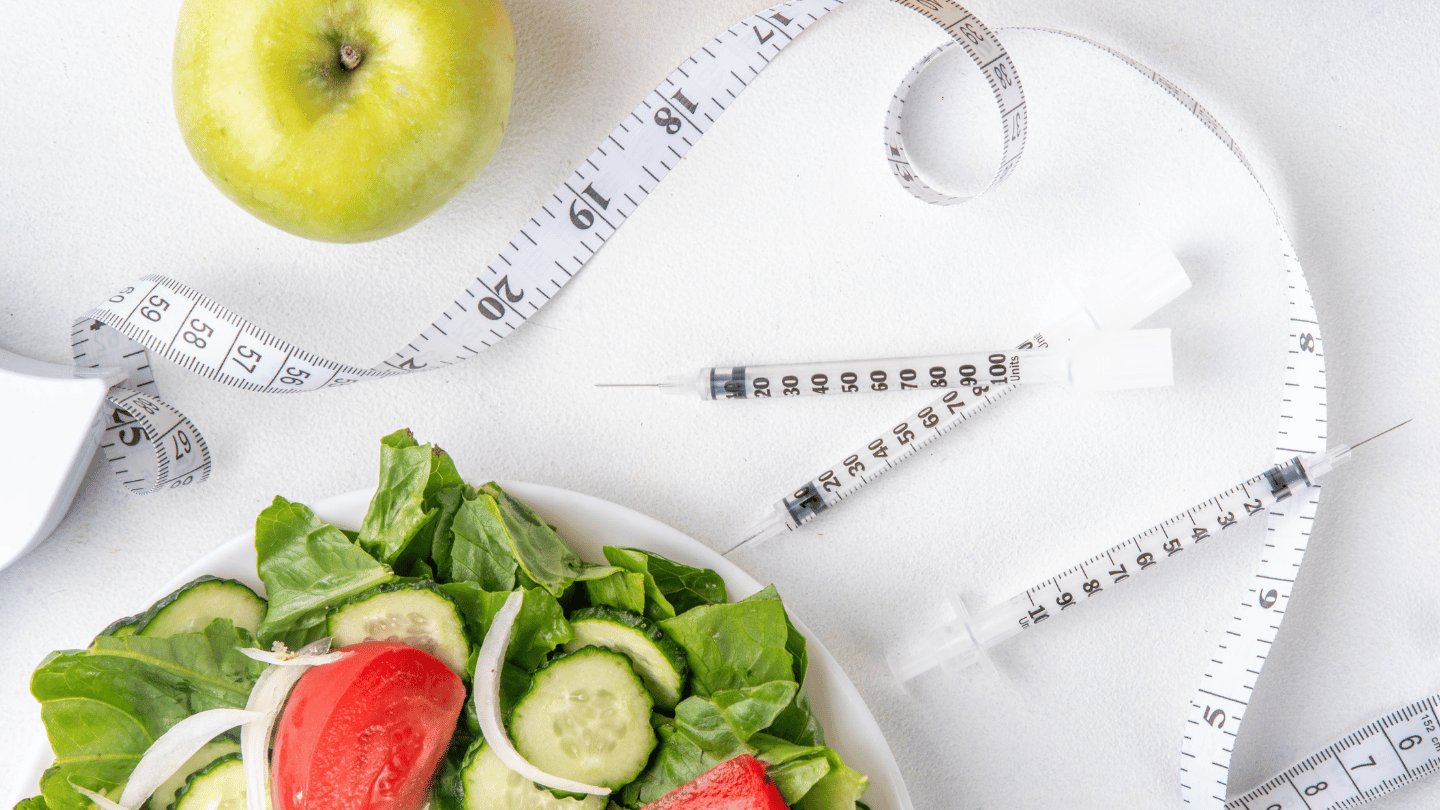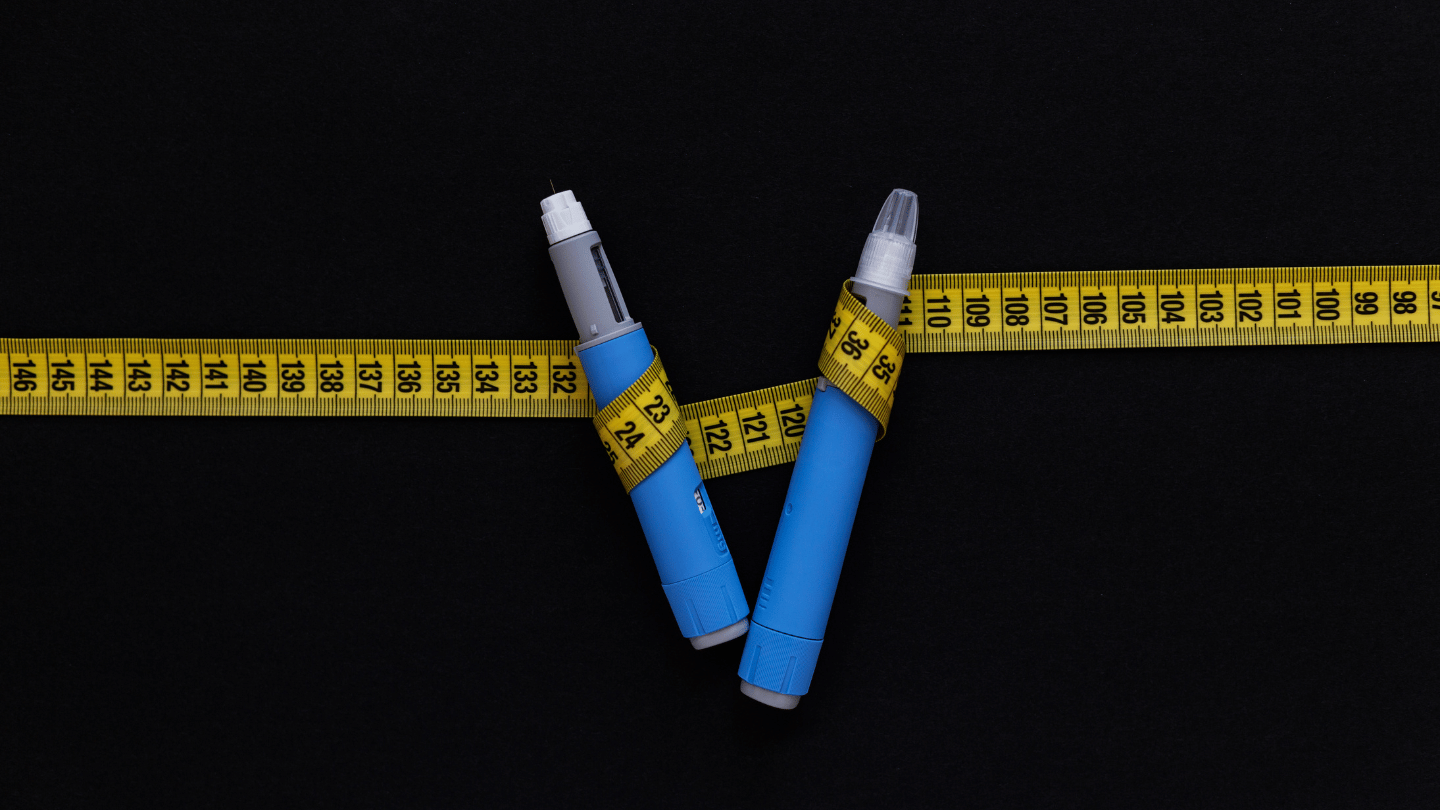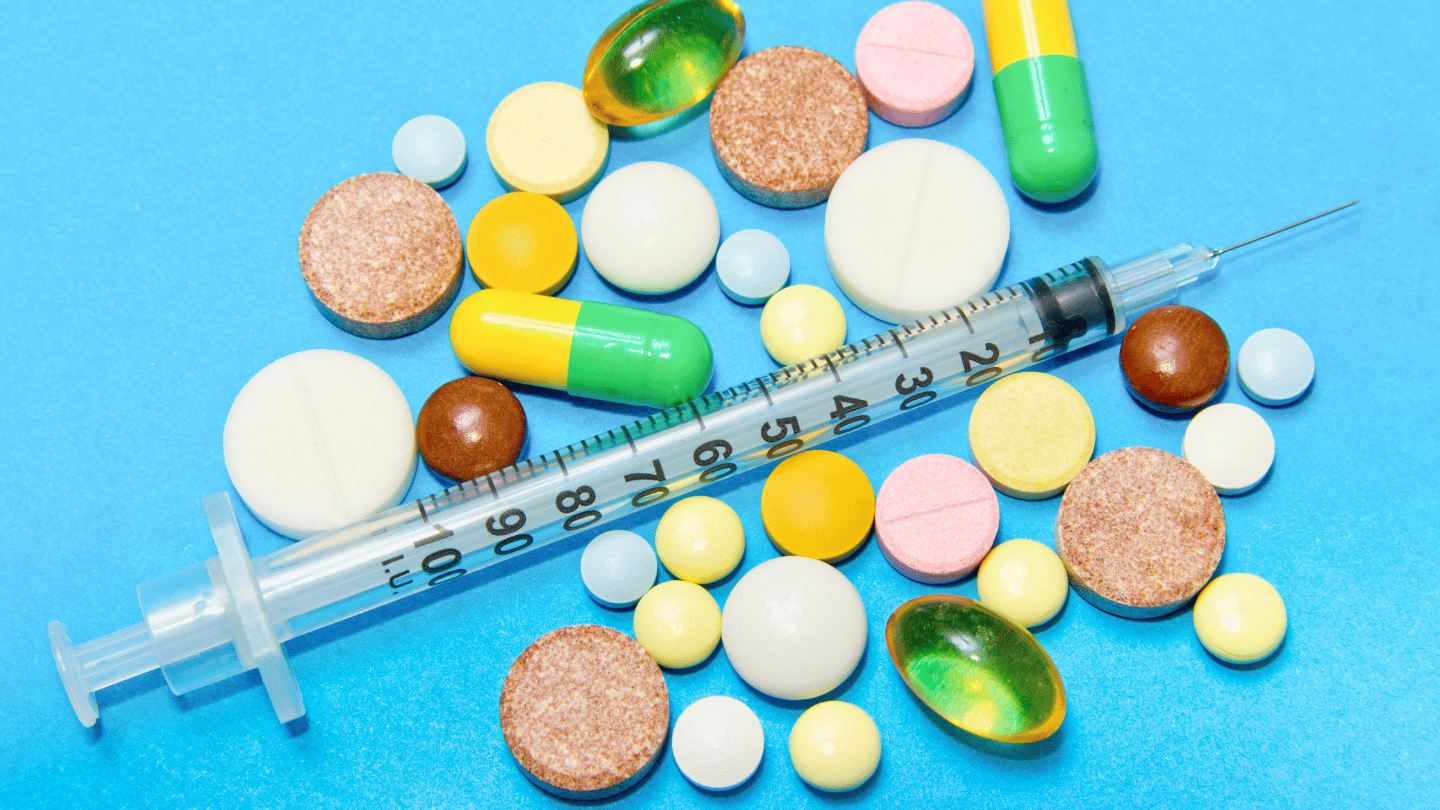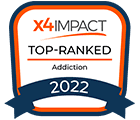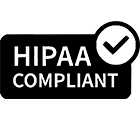“Opiate” and “opioid” are terms often used interchangeably, but they have distinct meanings. “Opiate” refers specifically to natural drugs derived from the opium poppy. Examples include morphine, codeine, and heroin. “Opioid,” on the other hand, is a broader term that encompasses all natural opiates as well as semi-synthetic and synthetic opioids made in laboratories, such as fentanyl and methadone.
How Do Opiates and Opioids Work?
Both opiates and opioids work by binding to opioid receptors on nerve cells, where they enter the cell and affect its function. These drugs are primarily used for pain relief but can also induce euphoria or a “high,” leading to misuse and addiction.
Common Side Effects:
- Constipation
- Drowsiness
- Nausea and vomiting
- Confusion
- Slowed breathing
Do Opioids Occur Naturally in the Body?
Yes, the human brain produces endogenous opioids, which act on the same receptors as drug opioids. These natural opioids do not cause the same side effects as synthetic or natural opiate drugs. For example, endorphins are endogenous opioids that function as natural pain relievers. Due to the release of endorphins during exercise, some runners experience a sense of well-being, often referred to as a “runner’s high.”
Conclusion: Understanding Opiates and Opioids
Knowing the difference between opiates and opioids is crucial for understanding their uses and risks. While they are effective for pain management, their potential for addiction and other side effects necessitates careful use and medical supervision. If you or someone you know is struggling with opioid use, it’s essential to seek professional help.
For more information on treatment options, visit QuickMD’s online opioid addiction services. We understand that seeking help should be easy and stress-free. Our telehealth counseling services ensure that you can access professional support wherever you are. We’re here to listen and assist you on your recovery journey.




